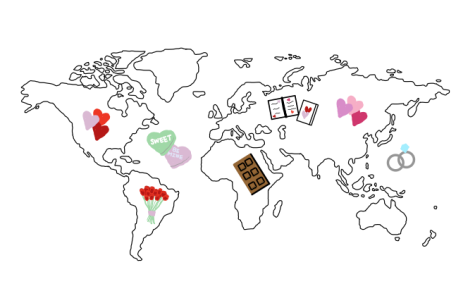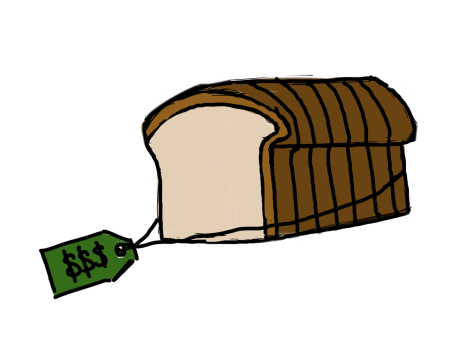Corruption counts produce new South African president
South Africa, a country with a history of movements for reform, especially involving racial equality, has long been inflicted with corruption, which has led to high unemployment rates, a growing water crisis and mounting racial tensions. In light of this situation, the African National Congress (ANC), the governing party in South Africa, has convinced former President Jacob Zuma to step down, putting forth Cyril Ramaphosa instead as both the new president and the new leader of the ANC. This change comes after Zuma has been charged with other counts of corruption.
Inaugurated in 2009, Zuma’s nine-year term has been filled with instance after instance of corruption—bribery, sexual assaults, fraud and severe misuse of national funds for private purposes.
“When leaders are corrupt, it causes people to have less moral values as they follow their leaders’ example,” said freshman Jonah Hill.
Now people are looking to President Ramaphosa for much-needed change and reform in government policies and actions. In a New York Times article, a group of South Africans were asked questions about a variety of subjects related to the presidential change, including what they expect from Ramaphosa regarding effective leadership and a solution to corruption.
“Corruption causes a lack of faith between the people and the government. Strong distrust makes it hard for the government to do its job,” said social studies teacher Mr. Daniel Delaney.
Some South Africans have hope for the future, looking forward to ending an era of deceit and beginning a new era of honesty and success. Other South Africans, however, are skeptical of Ramaphosa. He was a member of the ANC during some of Zuma’s career as a corrupt politician, and some of his new cabinet appointments are even from Zuma’s administration, including now-second-in-command David Mabuza. Mabuza himself has a history of corruption, most notably ruling autocratically and carrying out political assassinations.
South Africans are divided, and some remain skeptical of Ramaphosa after years of Zuma in power. Some are optimistic for a brighter future, while others have little faith in what they see as just another corrupt government.
“South Africa has the potential to grow as a country, especially in strengthening race relations,” said freshman Sarah Schultz. “A new president will hopefully give them that opportunity.”
Your donation will support the student journalists of Saint Viator High School. Your contribution will allow us to purchase equipment and cover our annual website hosting costs.








